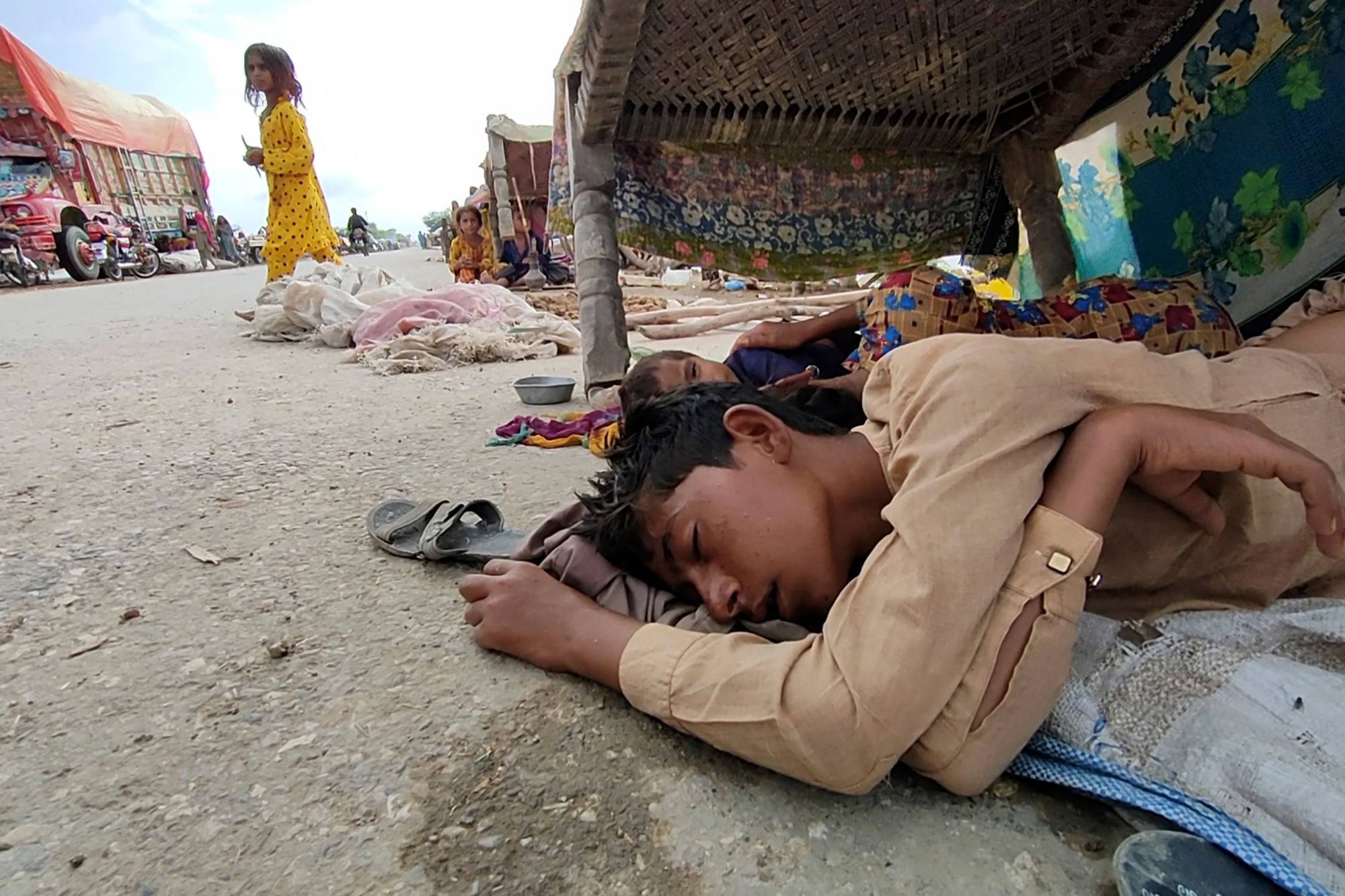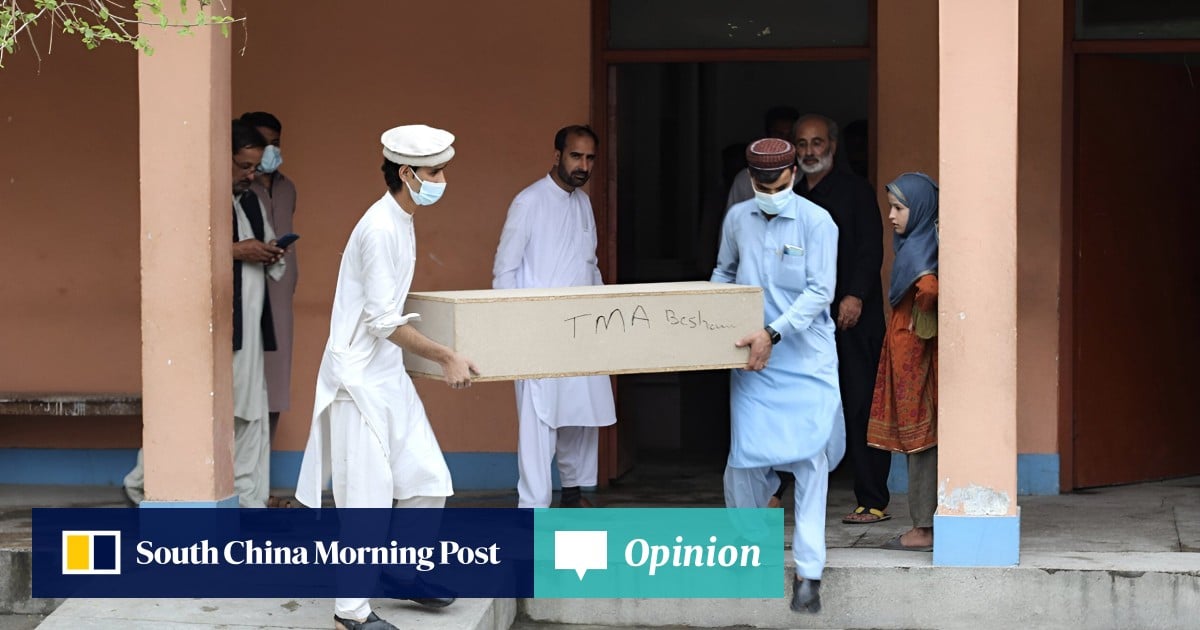The Majeed Brigade, the BLA’s suicide squad, has carried out terrorist attacks against Chinese economic interests, workers and engineers in Pakistan since 2018.
The latest attack has again targeted Chinese engineers working on the Dasu hydropower project. Last July, the Pakistani government decided to form a task force comprising personnel from the Pakistan Army, Punjab Rangers, Gilgit-Baltistan Scouts, police and levies force to ensure “foolproof” security of the project. Tuesday’s attack will bring the efficacy of the task force into sharp focus and could revive China’s past demand to allow private security companies to protect Chinese nationals and projects in Pakistan.
Pakistan has refused to allow private Chinese security companies to operate in the country, particularly in conflict zones. Sources say the Pakistani authorities fear that allowing private Chinese security companies will not only reflect poorly on their leadership but also strengthen conspiracy theories about CPEC.
Furthermore, some in the West would see the arrival of private Chinese security companies as a precursor to the arrival of People’s Liberation Army troops in Pakistan.
The timing of the attack could not have been worse for Pakistan’s newly formed and fragile coalition government, struggling to revive from a downward economic spiral. It is banking on CPEC’s second phase which involves opening up special economic zones and cooperation in other sectors to revive the economy.
The Baloch separatists view China as a neocolonial power which has furthered their sense of alienation and economic deprivation by colluding with the Pakistani state.

The separatist groups take the view that projects like CPEC will reduce the Balochs to a minority in their own province. It bears mentioning that Balochistan, despite being mineral-rich and accounting for 44 per cent of Pakistan’s land area is the country’s least populated and developed province. It is also among the most impoverished.
To the separatists, CPEC and its development projects have worsened their socioeconomic grievances. Though touted as a game-changer by the Pakistani government, CPEC has yet to result in material benefits for Balochistan. Gwadar, where the deep-sea port is located, lacks infrastructure, clean drinking water and basic health facilities.
Gwadar’s electricity is imported from neighbouring Iran. Flash floods caused by torrential rains in February once again exposed Gwadar’s poor infrastructure. CPEC’s perception-reality gap in Balochistan has allowed the separatists to exploit local grievances to recruit, fundraise and propagandise.
With jihadist groups joining the fray and with Baloch separatist groups attacking Chinese people and property, Pakistan’s new government will find it hard to convince Beijing to kick-start new projects. Without addressing the genuine grievances of the Balochs and working with the Taliban regime in Afghanistan to deal with the challenge posed by the TTP, the security situation is unlikely to improve.
Abdul Basit is a senior associate fellow at the S. Rajaratnam School of International Studies, Singapore
